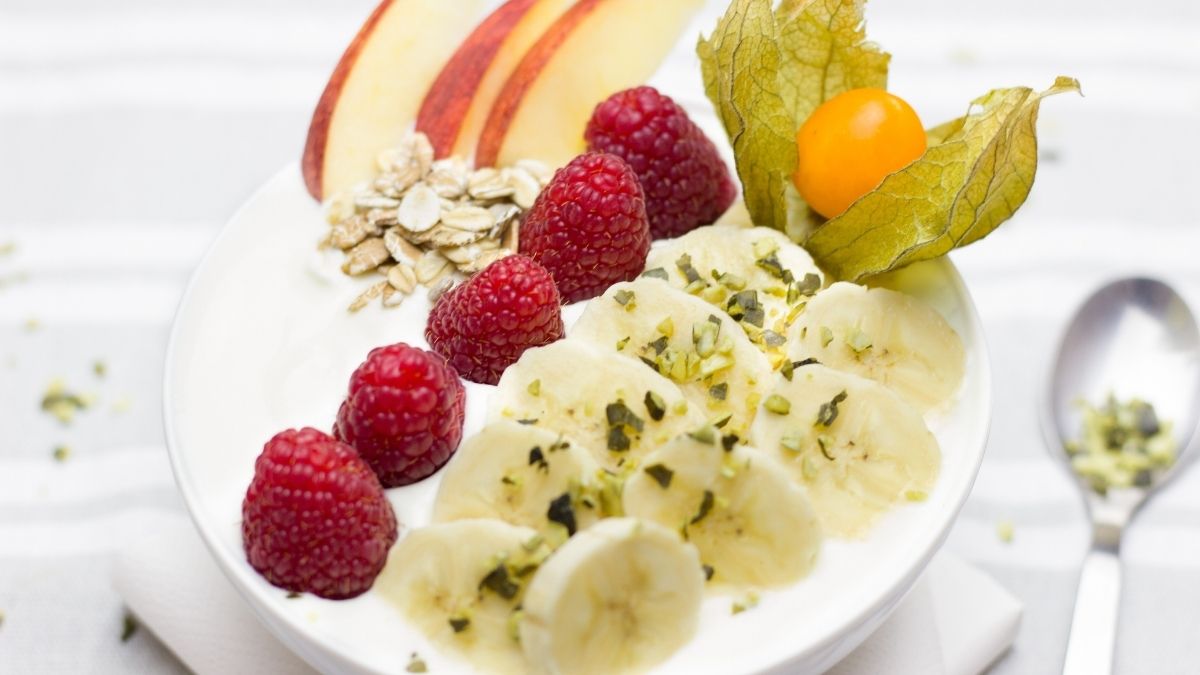Journaling is now more popular than ever for stress relief. It has also been proven to be quite healthy. Writing – whether it be your thoughts or your amateur writing, or you writing professionally – can be a good way to clear your mind and even share something great with others.
An inadequate diet can lead to a sluggish body, impaired decision-making, and slower reactions. More shockingly, a poor diet can make stress even worse, and even lead to depression
One of society’s gravest health problems is our reliance on processed foods. They are high in carbohydrates and sugar, train the brain to crave more of them, and rarely include nutrients such as vegetables or fruit.
Processed foods are addictive and stimulate dopamine centers in the brain, which are associated with pleasure and reward. When you quit eating that food, you start to change the physiology in your brain.
Processed foods and stress factors
Processed foods and sugars can cause inflammation that leads to mood disorders, including anxiety and depression. When we’re feeling stressed or down, it’s easy to turn to processed foods for a quick pick-me-up.
During hectic days, a cup of coffee is a great way to start your day. Fresh produce can be substituted with high-calorie fast food. In moments of depression, a pint of ice cream becomes dinner or you just skip dinner altogether.
When you’re feeling down or stressed, it might be tricky to know what to eat. The American Dietetic Association says people tend to overeat or eat too little when they are depressed or stressed. Eating more than usual can lead to sluggishness and weight gain while eating too little can result in feeling tired and undernourished.
When you don’t eat enough, you’ll be exhausted. It’s hard to break the habit, but it’s even harder when you have periods of stress or depression. A poor diet during these times makes matters worse, so it can be a vicious cycle. However, with help, you can overcome it.
To keep your mental health in order, you must eat plenty of fruits and vegetables. You should also be eating foods that are rich in omega-3 fatty acids. Dark green leafy vegetables are especially helpful for your brain. Nuts, seeds, and legumes are also excellent for your brain.
Heathy gut benefits
Have you heard that old adage that you are what you eat? Well, it turns out that there is a strong connection between your brain and intestines. The two organs can send messages to one another via the vagus nerve.
The gut can alter your emotional behaviour, and the brain can alter the type of bacteria in the gut! Scientists have found that gut bacteria produce a range of neurochemicals that the brain uses to regulate mood, among other things.
Researchers believe that 95% of the body’s supply of serotonin, a mood stabilizer, is produced by gut bacteria. The gut is thought to be negatively impacted by stress and other environmental factors.
Mindful eating
It’s hard to stay focused on what you eat and drink, but it’s critical. One first step is to pay attention to how you feel when you eat and what you eat. If you don’t spend much time on it, nutritionists suggest keeping a food journal. This will help you see your patterns and make better decisions.
Many people overeat when they are stressed. They think, “Eating will make me feel better.” But dieting is not the right answer to stress eating. The best way to handle stress eating is to stop what you’re doing and write down what’s bothering you. You might discover that you’re feeling overwhelmed or having other feelings like sadness, depression, guilt, anger, or shame.
Brain food
Nutrition is essential to your brain and nervous system. Your body needs variety in order to build proteins, cells, and tissues. Carbohydrates, proteins, and minerals are all necessary for optimal function.
To get the best nourishment for your brain, nutritionists recommend eating a variety of foods, not just the same food each day.
Eating well tips shared by https://tautoli.com


